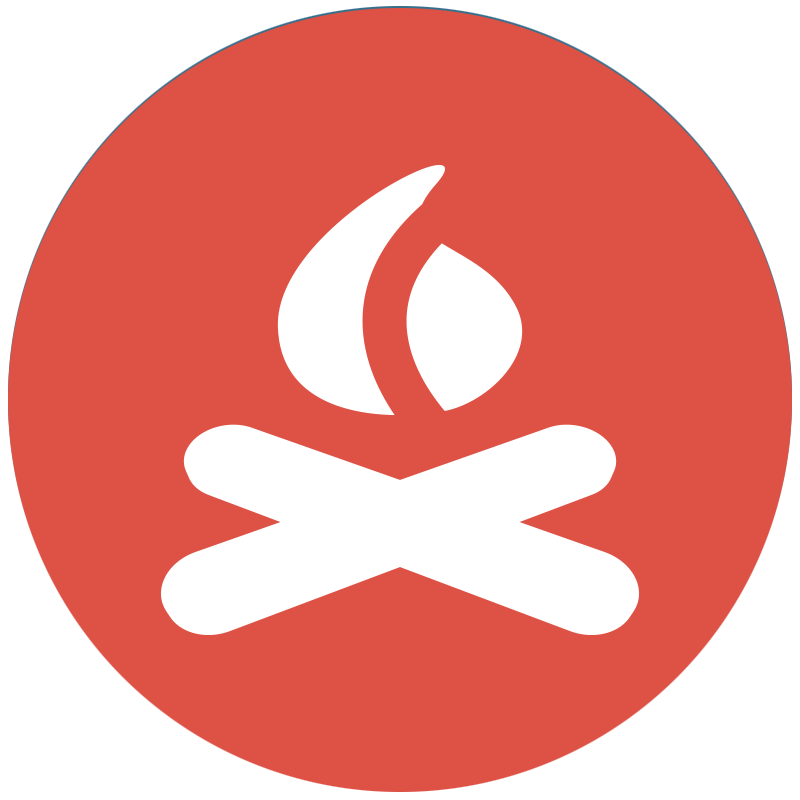Search Results
The following search criteria is in effect.
- Activity Type :: Data Collection and Research
- Eligibility :: Non-Profit
- Contaminant :: Household Chemicals/Green Cleaning
We found 2 funding programs that match your search criteria.
Available Now
Community Air Grant
California Air Resources Board
Eligible Applicants:
Federally-Recognized Indian Tribe
Non-Federally Recognized Indian Tribes
Non-Profit
About the Award:
The Air Grants Program aim is to provide support for community-based organizations to participate in the AB 617 process and to build capacity to become active partners with government to identify, evaluate, and ultimately reduce air pollution and exposure to harmful emissions in their communities.
Example Eligible IAQ Activities:
Community engagement/outreach, hiring technical experts & consultants, monitoring, data analysis
Funding Details:
- Total FY 2019 Funding: $5,000,000
- 2019 Maximum Grant: $100,000 for Education Projects, $300,000 for Technical Project
Award Type:
Grant
Regions:
California
Program Highlights:
Starting in 2018, the Southern California Tribal Community Air Monitoring Project, run through the Pala Band of Mission Indians, is using this funding source to deploy six low-cost air quality sensors to monitor conditions at the reservation. Data will be transmitted through a cellular network and displayed on a website accessible to tribal community members. [source]
Typical Application Period: Typically due in the Summer; 2019 Application due: 9/30/19
Contact:
AirGrants@arb.ca.gov
last modified: 2019-09-19 11:31:41
Lead and Healthy Homes Technical Studies Programs
US Department Of Housing And Urban Development (HUD)
About the Award:
HUD is especially interested in applications that will advance our knowledge on priority healthy homes issues by addressing important gaps in the science related to the accurate and efficient identification of hazards and the implementation of cost effective hazard mitigation This funding is split into two different programs: the Lead Technical Studies and Healthy Homes Technical Studies programs. The Lead Technical Studies program is intended to fund projects focused on improving the efficacy and cost-effectiveness of methods for evaluation and control of residential lead-based paint hazards. The Healthy Homes Technical Studies program is intended to fund projects focused on the development and evaluation of cost-effective methods of monitoring, reducing, and preventing housing-related hazards, among other objectives. HUD is especially interested in funding practical, applied research that can directly inform policies and practices to reduce the prevalence and severity of residential health and safety hazards and improve the health and well being of residents.
Example Eligible IAQ Activities:
Monitoring, Heat Source Replacement, Ventilation, Energy Efficiency, Lead Remediation
Funding Details:
- Total FY 2019 Funding: $7,000,000
- Expected Number of Awards: 11
For Lead Technical Study
- Minimum Amount: $300,000
- Maximum Amount: $700,000
For Healthy Homes Technical Study
- Minimum Amount: $300,000
- Maximum Amount: $1,000,000
Award Type:
Cooperative Agreement
Regions:
National
Program Highlights:
In 2013, Alaska Native Tribal Health Consortium was awarded $743,044 through this grant to fund indoor air quality remediations in the homes of four Alaska Native villages. This project also involved monitoring changes in air quality indicators in response to interventions. This project also administered educational materials and provided home-based education for participating residents.
Typical Application Period: 2019 Date: June - July. Varies depending on year, but usually March - April.
Notes:
These programs do not require cost sharing, matching or leveraging. The amount of LTS grant funds used for construction activities, e.g., to conduct repair or substantial rehabilitation that is necessary to conduct the proposed study, may not exceed 20% of the total HUD funds awarded.
Contact:
J.Kofi.Berko@hud.gov
last modified: 2019-09-17 07:14:20
Welcome in to the Beta Test Site!
We encourage you to explore, try out the search tools and give us feedback on your experience.
Because we are still adding finishing touches, please do not yet share this within your networks. Thank you for being one of our testers – we appreciate your feedback!
The Tribal Healthy Homes Network
Community Air Grant
California Air Resources Board
About the Award:
The Air Grants Program aim is to provide support for community-based organizations to participate in the AB 617 process and to build capacity to become active partners with government to identify, evaluate, and ultimately reduce air pollution and exposure to harmful emissions in their communities.
Example Eligible IAQ Activities:
Community engagement/outreach, hiring technical experts & consultants, monitoring, data analysis
Funding Details:
- Total FY 2019 Funding: $5,000,000
- 2019 Maximum Grant: $100,000 for Education Projects, $300,000 for Technical Project
Grant
California
Program Highlights:
Starting in 2018, the Southern California Tribal Community Air Monitoring Project, run through the Pala Band of Mission Indians, is using this funding source to deploy six low-cost air quality sensors to monitor conditions at the reservation. Data will be transmitted through a cellular network and displayed on a website accessible to tribal community members. [source]
Typical Application Period: Typically due in the Summer; 2019 Application due: 9/30/19
Contact:
AirGrants@arb.ca.gov
Lead and Healthy Homes Technical Studies Programs
US Department Of Housing And Urban Development (HUD)
About the Award:
HUD is especially interested in applications that will advance our knowledge on priority healthy homes issues by addressing important gaps in the science related to the accurate and efficient identification of hazards and the implementation of cost effective hazard mitigation This funding is split into two different programs: the Lead Technical Studies and Healthy Homes Technical Studies programs. The Lead Technical Studies program is intended to fund projects focused on improving the efficacy and cost-effectiveness of methods for evaluation and control of residential lead-based paint hazards. The Healthy Homes Technical Studies program is intended to fund projects focused on the development and evaluation of cost-effective methods of monitoring, reducing, and preventing housing-related hazards, among other objectives. HUD is especially interested in funding practical, applied research that can directly inform policies and practices to reduce the prevalence and severity of residential health and safety hazards and improve the health and well being of residents.
Example Eligible IAQ Activities:
Monitoring, Heat Source Replacement, Ventilation, Energy Efficiency, Lead Remediation
Funding Details:
- Total FY 2019 Funding: $7,000,000
- Expected Number of Awards: 11
For Lead Technical Study
- Minimum Amount: $300,000
- Maximum Amount: $700,000
For Healthy Homes Technical Study
- Minimum Amount: $300,000
- Maximum Amount: $1,000,000
Cooperative Agreement
National
Program Highlights:
In 2013, Alaska Native Tribal Health Consortium was awarded $743,044 through this grant to fund indoor air quality remediations in the homes of four Alaska Native villages. This project also involved monitoring changes in air quality indicators in response to interventions. This project also administered educational materials and provided home-based education for participating residents.
Typical Application Period: 2019 Date: June - July. Varies depending on year, but usually March - April.
Notes:
These programs do not require cost sharing, matching or leveraging. The amount of LTS grant funds used for construction activities, e.g., to conduct repair or substantial rehabilitation that is necessary to conduct the proposed study, may not exceed 20% of the total HUD funds awarded.
Contact:
J.Kofi.Berko@hud.gov
Welcome in to the Beta Test Site!
We encourage you to explore, try out the search tools and give us feedback on your experience.
Because we are still adding finishing touches, please do not yet share this within your networks. Thank you for being one of our testers – we appreciate your feedback!
The Tribal Healthy Homes Network




